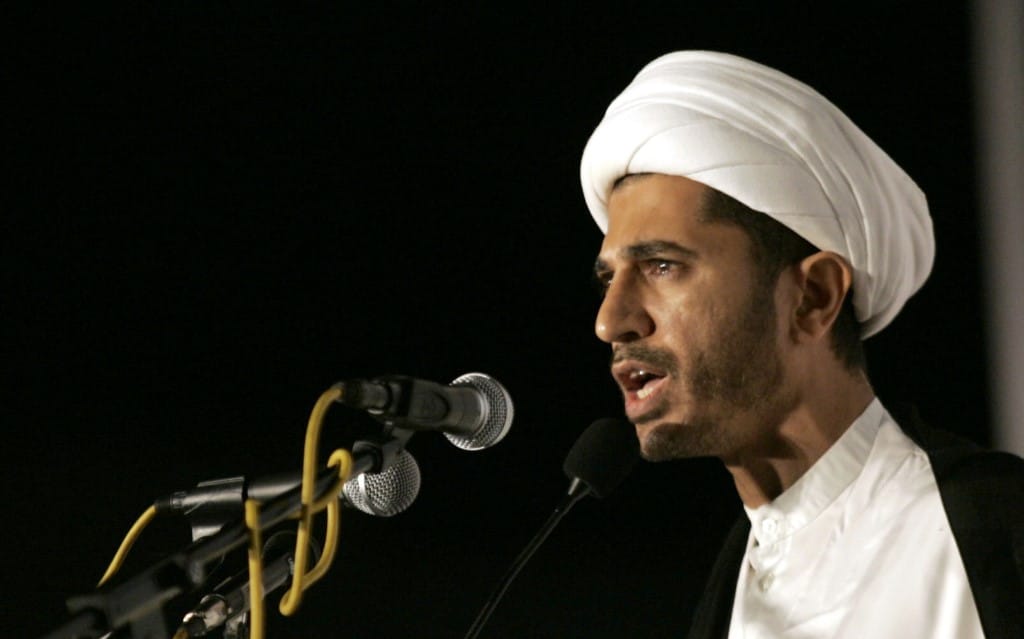
Introduction
In February 2001, 98.4 percent of Bahraini voters – both men and women – endorsed the National Charter in a referendum. A few days later the Prime Minister announced the abolition of the highly controversial State Security Law, enacted in 1975. A general amnesty had already been declared on the eve of the referendum. A refreshing wind of change blew through Bahrain, with order on the streets restored not by force but by the granting of political concessions to a revived civil society. The young Shiite religious leader Sheikh Ali Salman, whose arrest in 1994 had triggered the Shiite uprising of that decade, returned from exile in March. He was followed by most exiled opposition leaders in April. But a dark shadow loomed. For a while, the people of Bahrain had been allowed to vote on a decidedly vague National Charter. They were allowed no say on the provisions of the Constitution, which was reinstated in an altered form by royal decree.
On 14 February 2002, Hamad bin Isa Al Khalifa declared Bahrain a constitutional monarchy and awarded himself the title of ‘King’. According to the new Constitution, the new-born kingdom’s National Assembly consisted of a forty-seat Consultative Council (Majlis al-Shura), appointed entirely by the King, and an elected forty-seat Council of Representatives (Majlis al-Nuwwab).
Contrary to the Emir’s promise that only the elected body would have legislative powers, the Consultative Council, too, has (equally limited) legislative powers. In addition, the government could introduce legislation. The appointed council even casts the deciding vote in the joint Assembly when the two chambers’ majorities disagree on a new piece of legislation. Any amendment to the Constitution now requires a two-thirds majority in the combined Assembly, thereby effectively blocking any further constitutional change by the people. The King can change the Constitution at will, without the consent of the Assembly.
Far from a return to the relatively liberal situation of 1973, the Constitution of 2002 concentrated formal power more than ever in the hands of the King alone. Opposition leaders spoke of a ‘constitutional putsch’ and openly discussed the pros and cons of boycotting the elections. Nonetheless, all the main political societies – political parties continue to be illegal in Bahrain – took part in the municipal elections of May 2002.
A small majority of Bahrain’s eligible voters went to the ballot boxes to choose a municipal council of exclusively Islamist – but mainly moderate – members: 23 Sunnis and 27 Shiites. None of the 30 female candidates was elected, nor was any secular nationalist or leftist candidate.
Boycott
In 2002 most opposition leaders became convinced that Hamad’s political opening had been primarily tactical and cosmetic, rather than ideological and substantial. The drawing of new electoral districts to favour the Sunni minority, the granting of voting rights to (presumably pro-Al Khalifa) foreign GCC nationals with property in Bahrain, and the rumoured mass nationalization of Sunni migrants in order to influence the country’s sectarian balance had seriously undermined the opposition’s already faltering faith in the liberal intentions of the government. Four political societies, including the largest opposition group, al-Wefaq, led by Sheikh Ali Salman, decided to boycott the parliamentary elections of November.
As a consequence, the Council of Deputies was dominated by pro-government politicians, about half of them Sunni Islamists. Again, no female candidates were elected.

